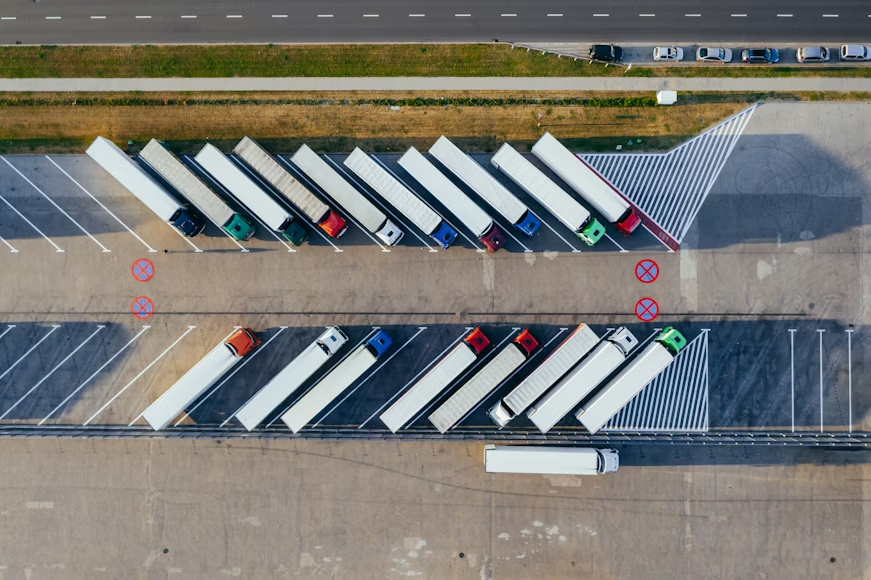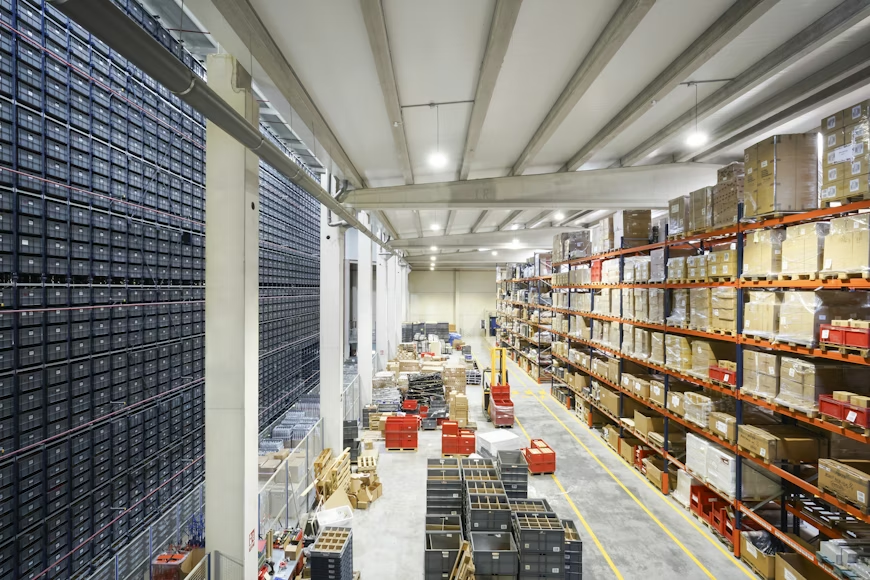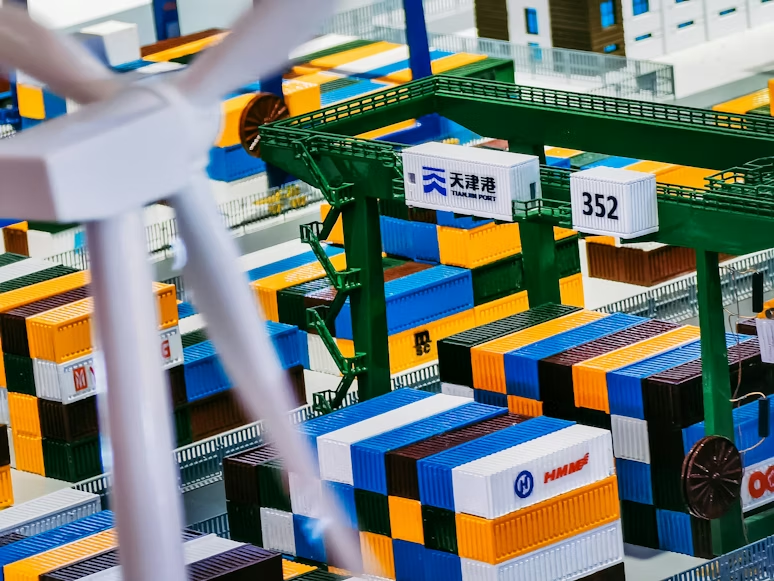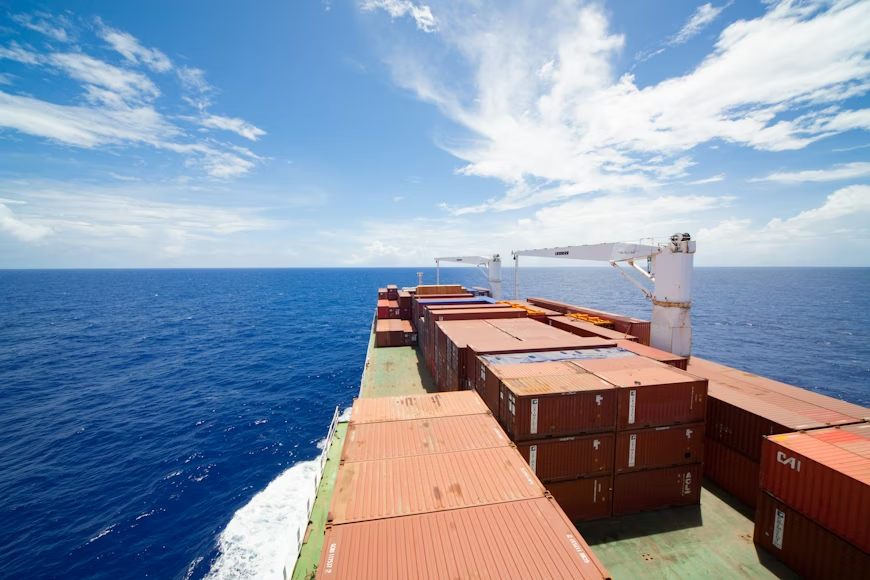The policy responses to the COVID-19 pandemic have disrupted global trade and supply chains, leading to the implementation of various ad hoc trade-restrictive measures by many countries, particularly during the early stages of the crisis. These measures, though understandable in response to an unexpected global pandemic, have highlighted the limitations of existing trade agreements. These include over 184 regional trade agreements signed by economies in Asia and the Pacific, as well as multilateral trade rules, in providing guidance on how to respond to emergencies or crises with the least trade-restrictive approach.
In response to these challenges and with the aim of accelerating recovery from the current crisis while enhancing preparedness for future crises, UNCTAD, in collaboration with The United Nations Economic and Social Commission for Asia and the Pacific (ESCAP), the World Trade Organization (WTO), other UN regional commissions, and partners such as CUTS, launched a global initiative on model provisions for trade during crises and pandemics in regional and other trade agreements in May 2020.
While the initiative remains ongoing, a significant milestone achieved in 2020 was the organization of a fully online global policy hackathon. This hackathon was designed to gather innovative ideas on improving trade agreements and building resilience. It commenced with a global call to trade experts from governments, international organizations, civil society, and the private sector, inviting them to submit written contributions within a 50-day period.
The response to this call surpassed expectations, with over 200 proposals submitted. This led to more than 60 final contributions authored by more than 130 individuals. These contributions underwent thorough reviews and evaluations by a core group of experts. All submissions are accessible in an online repository, and a webinar series featuring the best-quality contributions was conducted in November 2020.
Throughout this exercise, key insights emerged, with a focus on preserving policy space in trade agreements, especially for developing countries, to address crises and minimize trade disruptions:
- Specific and Comprehensive Crisis-Mitigation Provisions: Trade agreements should incorporate dedicated provisions addressing trade during crises or emergencies. These provisions can include a clear yet flexible definition of an “emergency situation” and preliminary lists and criteria for “essential” goods and services during different types of crises, building upon existing international instruments where applicable.
- Rules on Export/Import Restrictions: To prevent severe shortages of essential goods and services, it is crucial to include rules governing export and import restrictions. Special government procurement arrangements and emergency mutual recognition of technical regulations can play a significant role.
- Enhanced Transparency and Information Sharing: Trade agreements should feature provisions that enhance transparency, requiring timely disclosure of trade measures taken during emergencies. Establishing information-sharing mechanisms, such as regional online resource libraries and databases, is fundamental.
- Promoting Digitalization: Digitalization of trade is vital for effective crisis responses. Measures such as mutual recognition of electronic documents, harmonization of e-identification systems, and cooperation on cybersecurity can facilitate paperless trade and improve resilience.
- Aid and Training for Developing Countries: Developing countries and least developed countries should receive assistance and training, along with cooperation on building related infrastructure, to enhance their capacity during crises.
- Alignment with Sustainable Development Goals (SDGs): Trade agreements should align with the Sustainable Development Goals, addressing issues such as trade and the environment, labor, gender, and structural transformation. Provisions should aim to incorporate the core values of the SDGs, with a focus on sustainable trade practices.
The wealth of ideas and information gathered through this policy hackathon and subsequent webinars is contributing to the development of a practical handbook. This handbook will support negotiators in creating provisions for trade during crises and pandemics and will serve as the basis for workshops scheduled for later in 2021. The inclusive approach taken thus far aims to support agreements that enhance trade resilience and sustainability.
Your source for supply chain report news updates: The Supply Chain Report. For international trade insights and tools, head to ADAMftd.com.
#PolicyResponses #COVID19Impact #GlobalTrade #SupplyChainResilience #TradeAgreements #RegionalTradeAgreements #UNCTAD #ESCAP #WTO #GlobalPolicyHackathon #TradeInnovation #TradeDuringCrises #EmergencyTradeMeasures #SustainableDevelopmentGoals #DigitalTrade #DevelopingCountries #TradeTransparency #ExportImportRegulations #CrisisMitigation #TradeDuringPandemics #TradeResilience #DigitalizationOfTrade #EIdentification #CybersecurityInTrade #GlobalCollaboration #InternationalTradePolicy #TradeCapacityBuilding

















